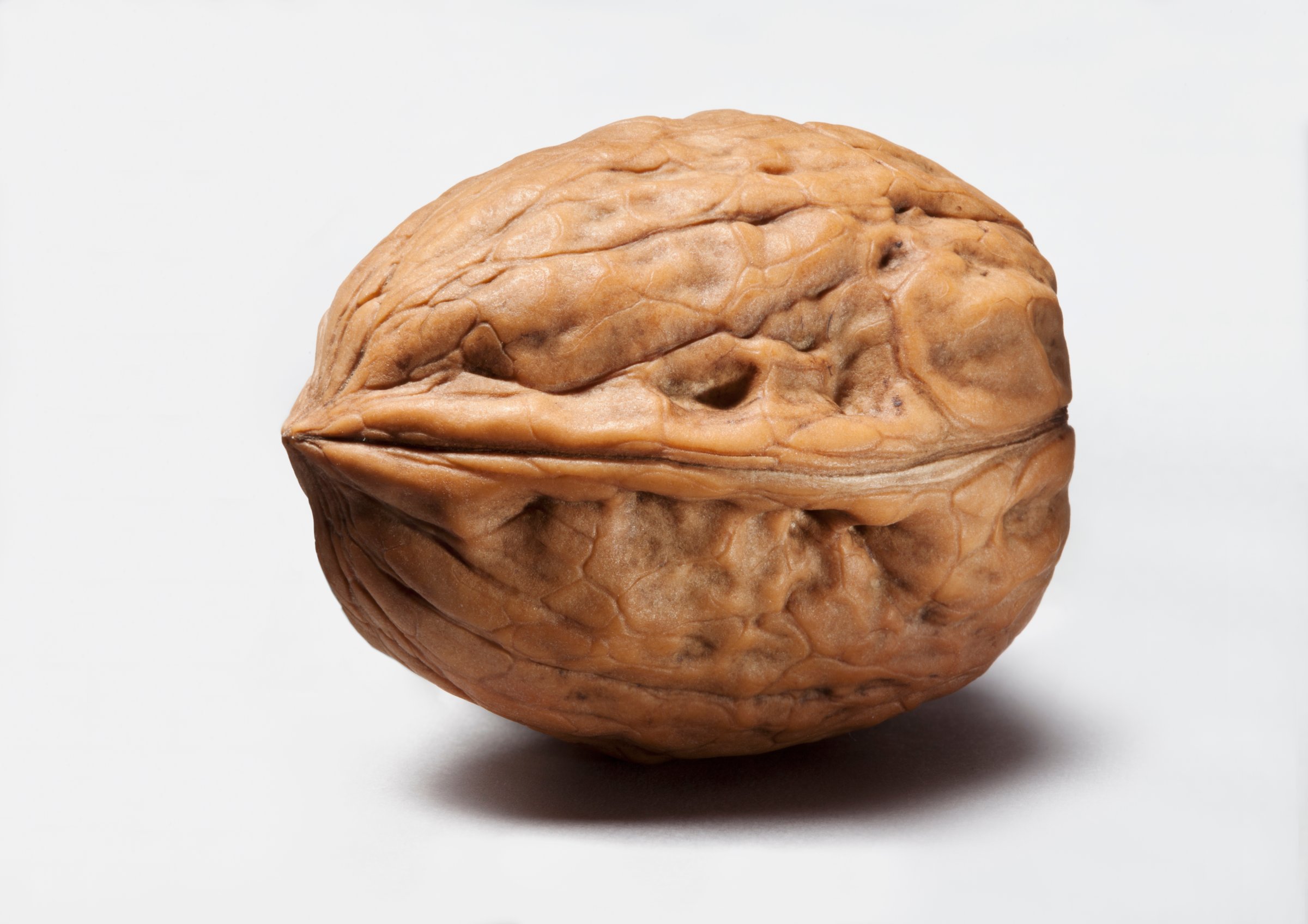
There are a slew of studies supporting the benefits of nuts in the diet, but since nuts are also high in calories, it can sometimes end up on the skip list of people trying to lose weight. Dr. David Katz, director of the Yale University Prevention Research Center, and his colleagues wanted to find out whether the benefits of nuts outweighed their additional calories, so they developed a study to find out. It was funded by the California Walnut Commission; Katz says the funders provided the financial support and did not influence the findings.
In his new paper published in BMJ Open Diabetes Research and Care, he and his team describe the study, in which they recruited people who were at high risk of developing diabetes (they were overweight, or had blood sugar levels that indicated prediabetes, or elevated blood pressure, among other factors). All of the 112 participants spent six months adding walnuts to their diet then another six months taking walnuts out of their diet—but just half were randomly assigned to get advice about whether or not they should be calorie-counting to adjust for the extra calories that come from nuts.
MORE: The 50 (New) Healthiest Foods of All Time—With Recipes
What Dr. Katz found was that regardless of whether the people adjusted their daily calories or not, the quality of every participant’s diet improved. Those who weren’t counseled on calorie counting essentially self-regulated for the extra calories they were getting from the nuts. Not only that, they cut out the less nutritious foods, such as processed and packaged foods and snacks. Katz wanted to know what happens to overall diet quality when nuts were added. “Weight did not go up in any group. So that confirmed that people were adding something good, and bumping out something less good for their health,” he says.
The trend wasn’t a complete surprise, since nuts are known to be satisfying and filling—fat and fiber both influence satiety—so people are less likely to simply eat 350 more calories in nuts on top of their regular diet. “Nuts work because they can make you feel full,” says Dr. Eric Rimm, professor of epidemiology and nutrition at Harvard University T. H. Chan School of Public Health, who was not involved in the study. “And people are more likely to self regulate the calories they eat when they feel full.”
MORE: The 50 Healthiest Foods of All Time (With Recipes)
Katz also looked at other measures of health, including cholesterol levels and blood sugar, as well as blood pressure and BMI. None of these other measures showed meaningful differences between the group that was given calorie counseling and the group that wasn’t. The counseled group did, however, show slightly reduced waist circumference, which hints that having advice about reducing calories may be helpful in weight control. But the results also suggest that focusing on simply counting total calories may not be enough. “Advice about weight control really has to be based on foods, and helping people understand they need to hear their body’s signals about when they are full,” says Rimm. “Simply taking a diary and adding up calories probably is not going to work as well.”
Katz says that the calorie guidance provided to the participants was extremely minimal, but that the findings provide hope that more intensive counseling and information about how to remove the 390 calories that nuts would occupy might be even more effective in helping people control weight.
More Must-Reads from TIME
- Why Trump’s Message Worked on Latino Men
- What Trump’s Win Could Mean for Housing
- The 100 Must-Read Books of 2024
- Sleep Doctors Share the 1 Tip That’s Changed Their Lives
- Column: Let’s Bring Back Romance
- What It’s Like to Have Long COVID As a Kid
- FX’s Say Nothing Is the Must-Watch Political Thriller of 2024
- Merle Bombardieri Is Helping People Make the Baby Decision
Contact us at letters@time.com